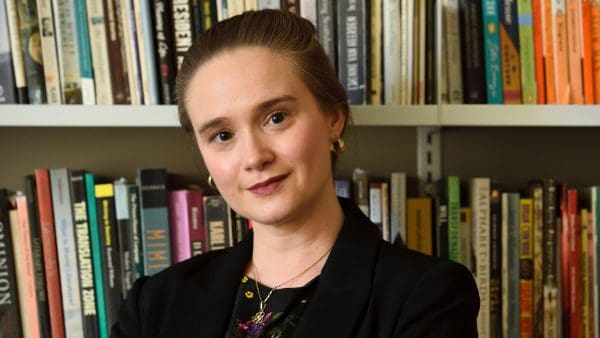“One time throughout the world, one date throughout the world.”
—Richard Conn Henry, professor in the Department of Physics and Astronomy, and Steve Hanke, professor in the Whiting School of Engineering with a joint appointment in the Department of Economics, writing about a new calendar they’ve devised, where each year remains the same as the next one. So, for example, if your birthday is March 27, it will, according to the new calendar, fall on a Tuesday, and from then on, your birthday will always be on Tuesday.
The end of 2011 brought a flurry of media attention around the proposed new calendar, called the Hanke-Henry Permanent Calendar. The professors say such a calendar would result in a huge yearly savings of time and effort that is now spent scheduling and planning for everything from business meetings to school calendars to sporting events to holidays. In addition to proposing a new calendar, Henry and Hanke would like to see the end of world time zones and the adoption of a “universal time” that would synchronize dates and times everywhere in the world. In an article published in Global Asia, they wrote: “Today’s cacophony of time zones, daylight savings times, and calendar fluctuations, year after year, would be over. The economy—that’s all of us—would receive a permanent ‘harmonization’ dividend.”
To learn more about their calendar, see henry.pha.jhu.edu/calendar.html or tinyurl.com/HankHenryCalendar




